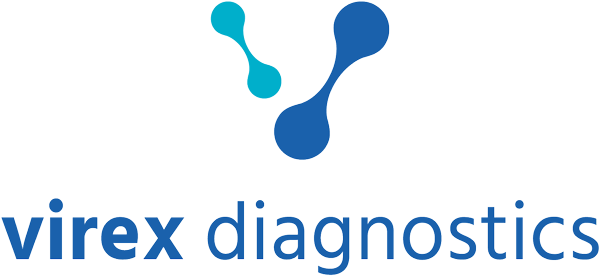Study to Assess Abivertinib in Combination With Abiraterone in Metastatic Castration Resistant Prostate Cancer
This is a phase 2, multicenter, open-label study to evaluate the efficacy of abivertinib with abiraterone in patients with metastatic castration-resistant prostate cancer.
Purpose of Study
This is a phase 2, multicenter, open-label study to evaluate the efficacy of abivertinib with abiraterone in patients with metastatic castration-resistant prostate cancer via assessment of 6-month radiographic progression-free survival. The study will include two cohorts, abiraterone-naive and abiraterone-progressing.
Eligibility
Age:
18 +Sex:
MaleKey Inclusion / Exclusion Criteria
Inclusion Criteria:
Age ≥ 18 years of age
Metastatic disease as identified by imaging
Progressive mCRPC as defined by: 1) castrate levels of serum testosterone < 50 ng/dL and 2) progressive disease
Continued primary androgen deprivation with LHRH analogue (agonist or antagonist) if subject has not undergone bilateral orchiectomy
Germline testing for HSD3B1. Confirmation of positivity for the adrenal-permissive HSD3B1(1245C) allele (germline heterozygous or homozygous) will be done centrally
For abiraterone-progressing cohort, abiraterone must be the most immediate preceding line of therapy
Eastern Cooperative Oncology Group (ECOG) performance status ≤ 2
Adequate organ and marrow function
Exclusion
Exclusion Criteria:
Significant small cell or neuroendocrine component or histology Prior enzalutamide, apalutamide, or darolutamide exposure for either hormone sensitive or CRPC. Prior abiraterone is prohibited for the abiraterone-naïve combination cohort Prior BTK inhibitor treatment Need for concurrent CYP3A inducers and inhibitors Any condition including the presence of laboratory abnormalities that places the patient at unacceptable risk if the patient was to participate in the study Corrected QT interval calculated by the Fridericia formula per electrocardiogram within 14 days before Cycle 1 Day 1 Any uncontrolled active systemic infection including any infection requiring systemic IV treatment that was completed ≤ 7 days before Cycle 1 Day 1, including active infection with COVID-19, defined as 10 days from the end of COVID-19 symptoms Have human immunodeficiency virus (HIV) infection, human T-cell leukemia virus type 1 (HTLV1) infection, or hepatitis B virus (HBV) or hepatitis C virus (HCV) viremia or are at risk for HBV reactivation (at risk for HBV reactivation is defined as being HBs antigen positive, or anti-HBc-antibody positive), or are positive for HBV deoxyribonucleic acid (DNA). HCV ribonucleic acid (RNA) must be undetectable by laboratory test Imminent or established spinal cord compression based on clinical and/or imaging findings Known brain metastases or cranial epidural disease unless adequately treated with radiotherapy and/or surgery and stable for at least 4 weeks prior to Cycle 1 Day 1 Major surgery within 4 weeks before Cycle 1 Day 1. Minor surgeries within 10 days before Cycle 1 Day 1. Subjects must have complete wound healing from major surgery or minor surgery before first dose of study treatment. Subjects with clinically relevant ongoing complications from prior surgery are not eligible Radiation therapy within 2 weeks before Cycle 1 Day Participation in another investigational trial and received treatment within 4 weeks before Cycle 1 Day 1 Any other active malignancy at the time of first dose of study treatment or diagnosis of another malignancy within 2 years prior to Cycle 1 Day 1 that requires active treatment, except locally curable cancers Unable to swallow tablets/capsules wholeConditions:
Status:
Recruiting
Phase:
Phase 2
Study ID
NCT05361915
Read Detailed Summary
Start Date / End Date:
01/03/2023 -
Enrollment:
100
Full Details:
2 Study Locations
United States
UCSD Moores Cancer Center
La Jolla, California, 92037
United States
Cleveland Clinic
Cleveland, Ohio, 44195
United States
email: ornstem@ccf.org


